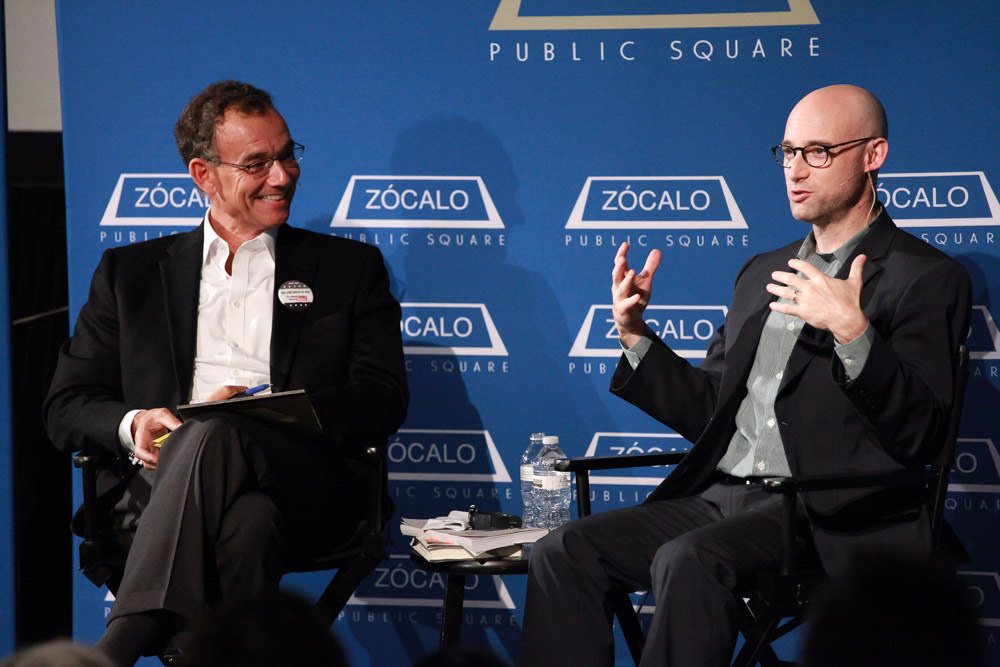
Discussing how the media covers politics—and political scandals—is “one of the most important conversations we can have” about our democracy, KCRW Left, Right & Center host Matt Miller told a crowd at the Downtown Independent. Miller was moderating an event on this subject with Yahoo News national political columnist Matt Bai, author of All the Truth Is Out: The Week Politics Went Tabloid.
Bai became interested in the intersection of scandal and political journalism in 2002, when he wrote an article about former U.S. Senator Gary Hart, who was contemplating a run for president. Hart had been the frontrunner in the 1988 presidential race—the favorite to win the Democratic nomination with a double-digit lead on the presumptive Republican nominee, Vice President George H. W. Bush—when rumors emerged of his womanizing. Amidst reports of affairs and photographs of him with young women, Hart dropped out of the race and public life.
Hart didn’t run for president in 2002, and over the next decade, Bai covered two more presidential campaigns. “I watched our candidates growing more remote and much less willing to offer complex ideas,” he said. As a political journalist, “you sit across from a candidate, and you know that they’re looking at you like you’re a hired assassin.” He sensed that something had “broken in this part of the process”—and he traced that break back to the Hart scandal.
Bai said that in the 1980s, a new generation of journalists was eager to follow in Bob Woodward and Carl Bernstein’s footsteps. They wanted to uncover the next Watergate—and they were “determined not to let another liar into the White House.” This impulse coincided with new technology—the rise of the satellite dish and cable news—as well as other cultural shifts.
As a result, the relationship between the American press and politicians underwent a fundamental shift. In our collective memory, we attribute this change to Hart. Hart, the story goes, invited journalists to follow him around. Hart was quoted saying, “‘If anybody wants to put a tail on me, go ahead. They’d be very bored.’” Reporters merely accepted his challenge and uncovered a scandal.
When you look at the facts, the narrative is less clear, said Bai. The reporters who broke the news of a possible clandestine relationship had dug into Hart’s private life before this quotation was made public. And, the invitation itself was proffered in an offhand and sarcastic manner.
As Bai explains it, journalists made the decision to go into Hart’s bedroom, and to blur the line between the political and the private. “We had a responsibility to reckon with” this sea change in political journalism, he said, “and discuss it and debate it”; instead, journalists pinned the shift on Hart.
Referring to the mass media critic Neil Postman, Bai said that in the 1980s, American culture began “to take on the arc of a sitcom.” Politicians—and media figures alike—became celebrities. This collision of celebrity and politics was inevitable, said Bai; Hart was simply the lightning rod.
In the ensuing decades, a door has been opened, said Bai, for would-be politicians who have nothing to say and no new ideas to contribute.
Miller added that politicians have become inhibited as well—pointing to Mitt Romney and the “47 percent” comment that torpedoed his 2012 election campaign. Romney has said that his takeaway from the experience was that politicians should act as if every moment of their existence is being recorded and taped—and this in an era when real moments from politicians were already scarce.
What, Miller asked Bai, is the difference between Bill Clinton—who managed to get elected president despite allegations of one affair and to stay in the public eye after confessing to another—and Hart?
Bai said that in the post-Hart era, what we consider “political talent” has changed. Clinton would do anything to stay president: “He had the skill to survive and he had the shamelessness to survive.” Clinton, said Bai, had the same level of intellect as Hart. But he was a different kind of a leader. Hart led on principle where Clinton led on will and personality.
Would we, asked Miller, have been better off knowing about John F. Kennedy’s affairs?
Bai said that the answers to such questions aren’t easy. JFK was having an affair with a woman who was also having an affair with a mobster; that probably mattered on a policy level. And, to give another example, presidential candidate John Edwards’ 2007 anti-poverty plan included “responsible fatherhood”—while he had an aide pretending to be the father of his child.
It “comes down to judgment and context,” said Bai. Moral people do immoral things, but that doesn’t define them. As Senator Bob Kerrey told Bai, none of us are the worst thing we’ve ever done in our lives. People and journalists have to judge the totality of others’ character, said Bai. It’s what compassion demands.
In the audience question-and-answer session, Bai was asked how the media decides what scandals to cover and which to ignore.
Bai said that journalists make decisions about what to cover and what not to cover every day—but when it comes to scandal, they throw up their hands and say that the voters can decide whether it matters or not. Scandal coverage wins prizes and gets journalists on TV—but they must use their judgment. Watergate was an important moment in the field, but journalists took the hunt for scandals in some dark directions in the decades that followed. Today’s journalists need to rethink Watergate’s lessons, as well as their role in scandal-mongering.
Another audience member asked Bai to talk about President Obama.
On the one hand, said Bai, Obama appears to refute his theories. He’s scandal-proof and morally upright; like Gary Hart, he’s professorial and a little bit arrogant with the media. “But here’s the thing about Obama,” said Bai. “Obama’s a story.” He didn’t run as a candidate on a platform—“hope and change are not an idea,” said Bai. Obama ran as an inspirational story about what was possible in America; he was marketed as a narrative character. And that marketing would not have been possible in previous political eras.




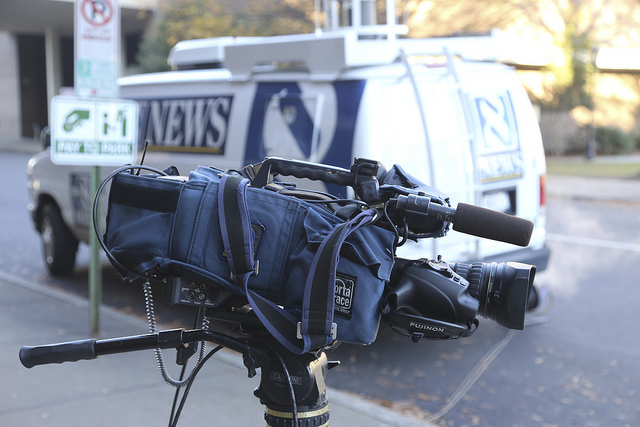
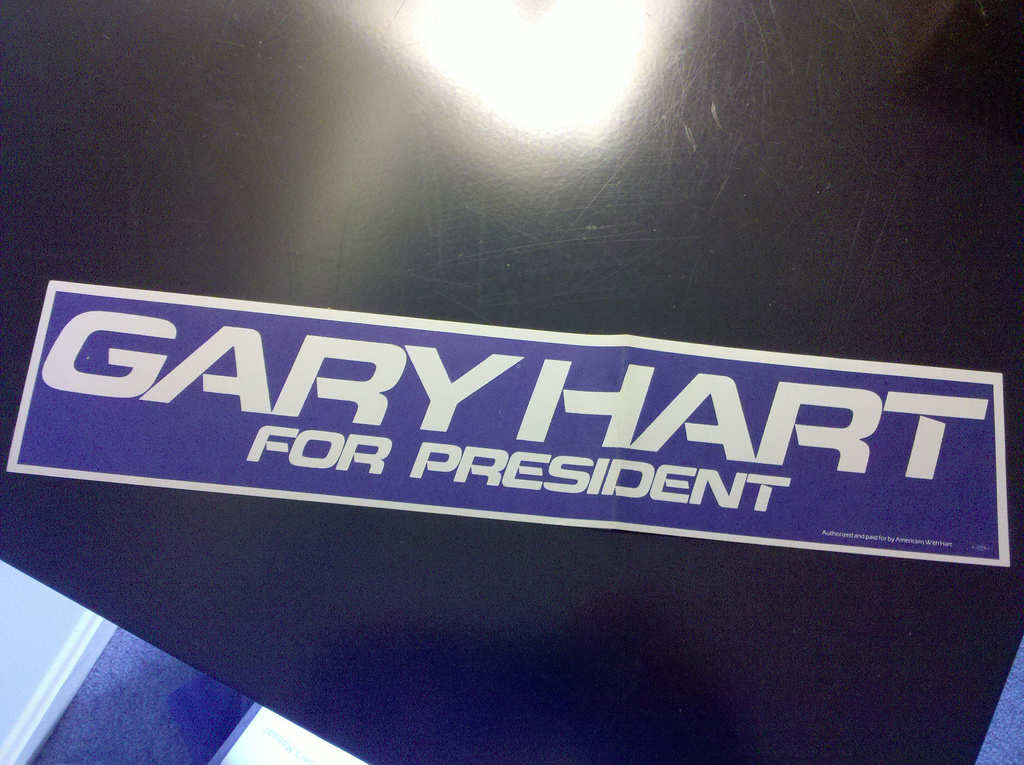
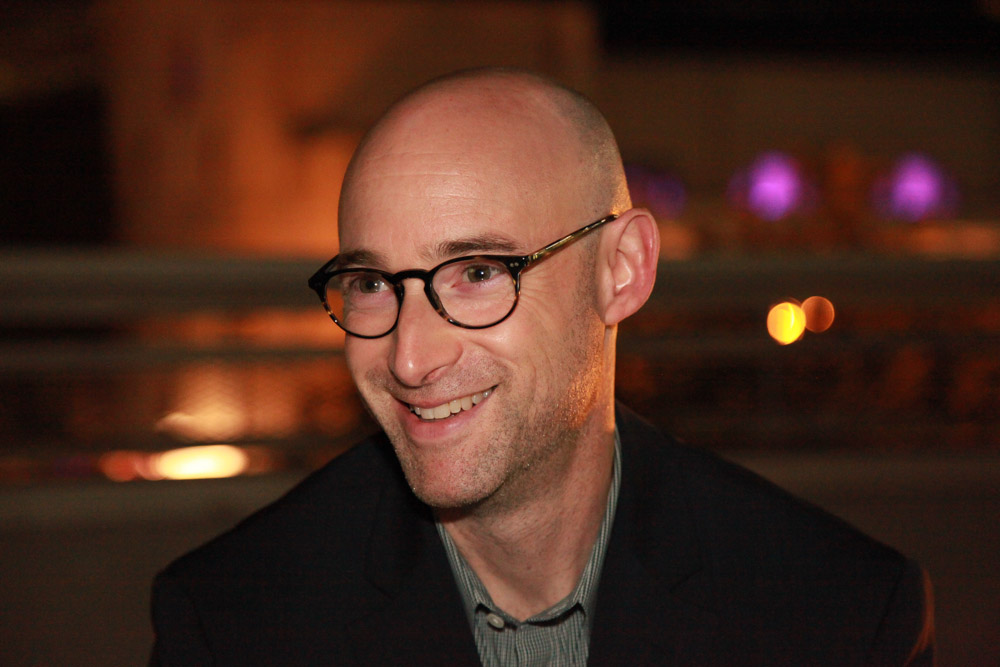
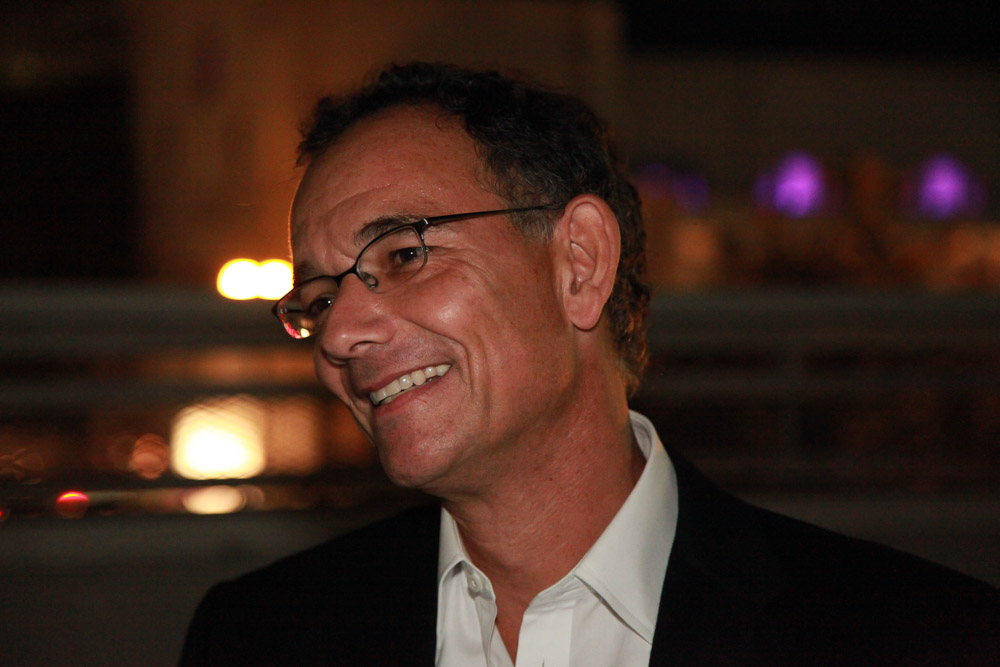
Send A Letter To the Editors